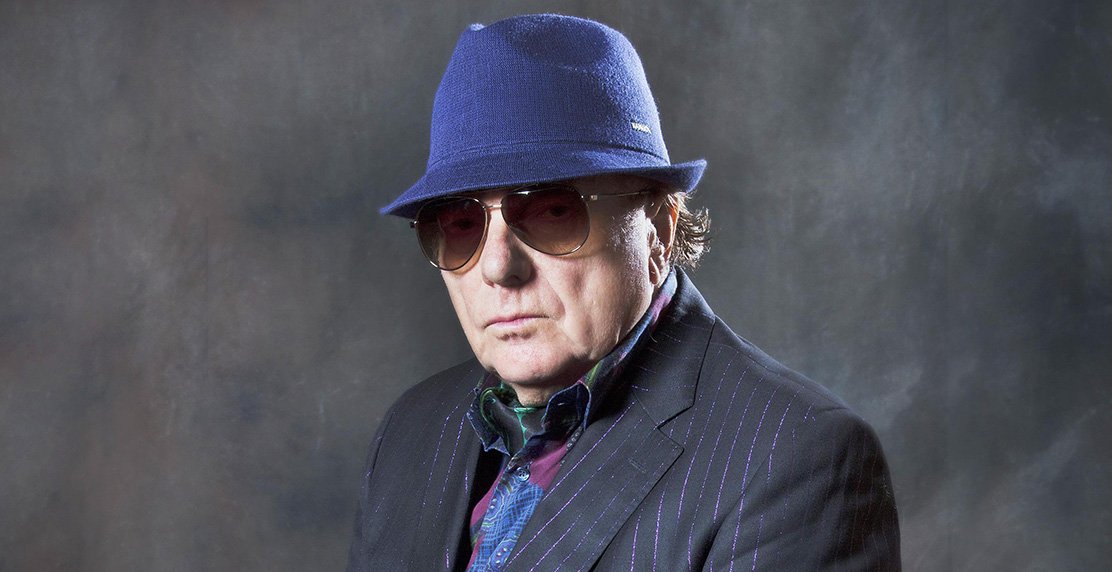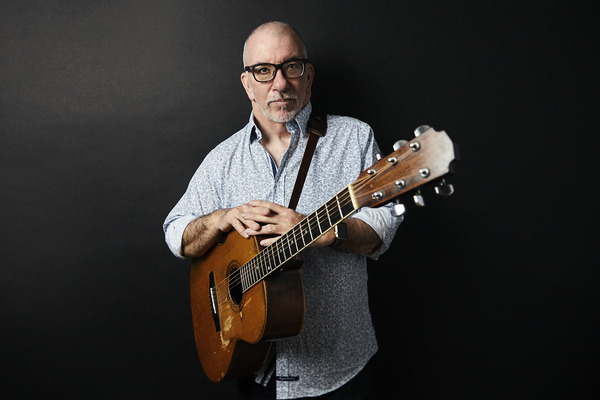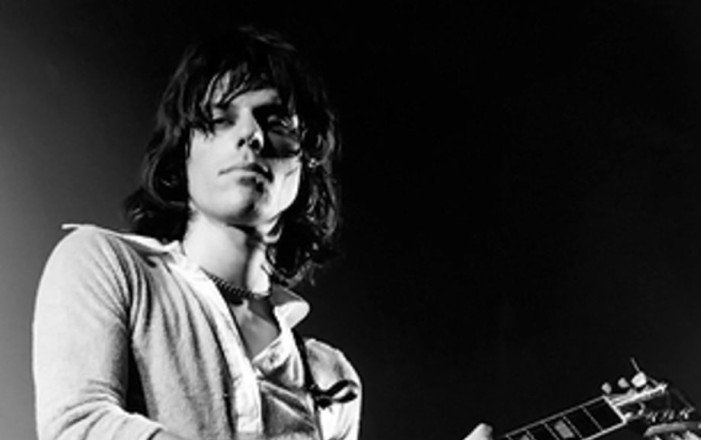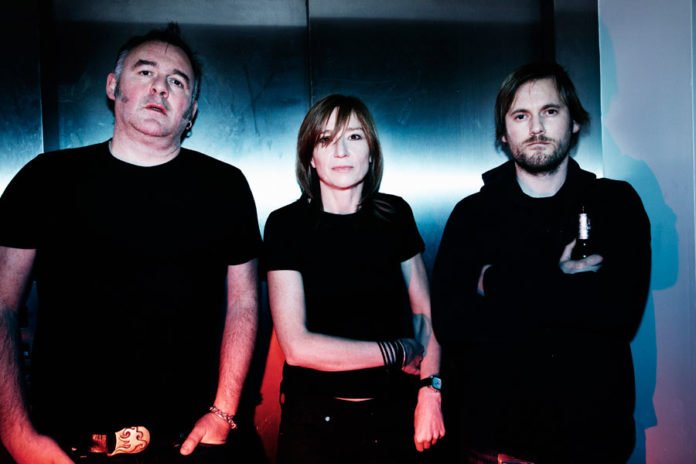For more than seven decades, Sir George Ivan Morrison, better known as Van Morrison has been fusing a mix of soul, R&B, folk and jazz into a sound that has earned its own classification – “Celtic Soul.”
Born in Belfast, Morrison’s mother was a singer, while his father ardently collected classic American jazz and blues recordings. At 15, he quit school to join the local R&B band the Monarchs, touring military bases throughout Europe before returning home to form his own group, Them. Influenced by his blues heroes, the band quickly developed a devout following. By 1966, the band was history, leaving the classic “Gloria” as their most enduring work.
Morrison actually quit the music business, being coaxed back by a friend with a new record label. Morrison agreed to record in New York in sessions that were originally only planned to produce singles. “Brown Eyed Girl” came from those sessions, but so did an album against Morrison’s wishes – leading to another conflict and withdrawal from music.
The early ’70s produced Morrison’s most memorable records. He had married and moved to California and formed a new band, the Caledonia Soul Orchestra. By 1973, he had dissolved the band, divorced his wife, and returned to Ireland.
Van Morrison suffered from stage fright, not touring for five years, but returning to support his late ’70s album Wavelength. It was not smooth, with the singer stalking off stage in mid-set at least once. Morrison’s records in the 1980s were more spiritual than the earlier ones, and it was not until 1989 that he reappeared on the charts.
Morrison was inducted into the Rock and Roll Hall of Fame in 1993 and released his most recent album last year. His opinion on the COVID pandemic has been far outside of the mainstream, as demonstrated by his release of several anti-lockdown protest singles in 2020. The new record is also filled with politically charged social commentary.







